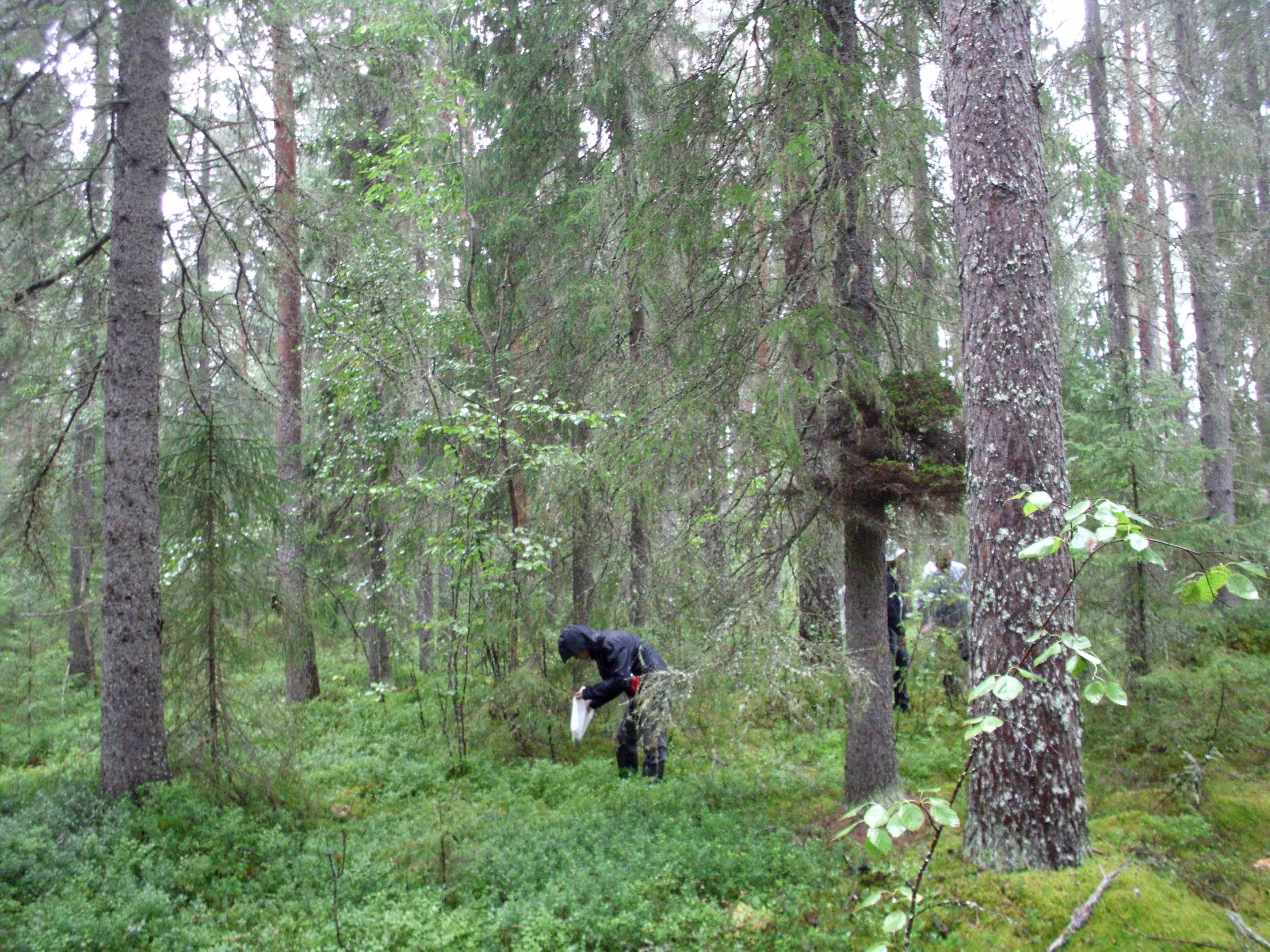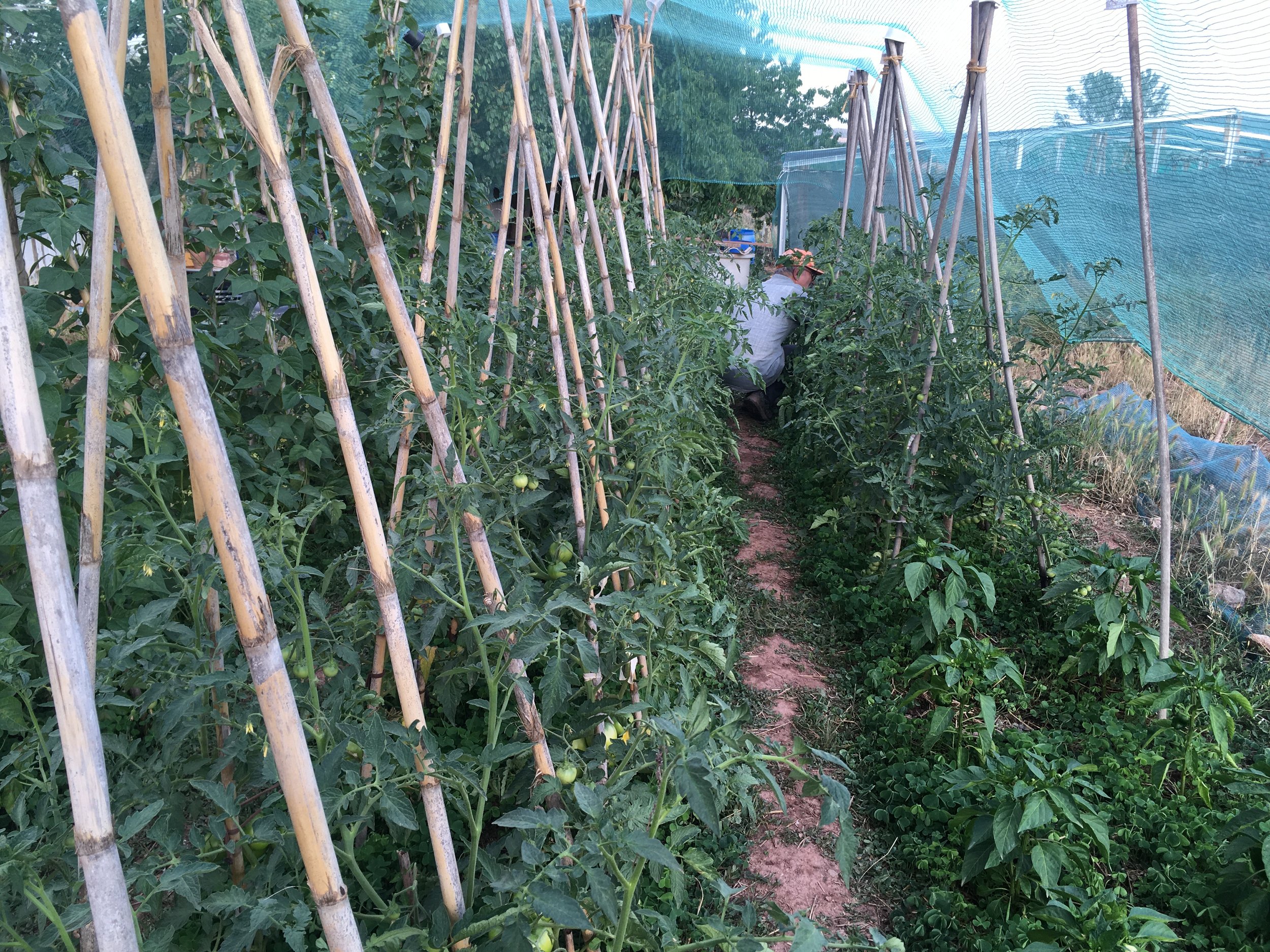FALL SERIES 2023
Cruel Summer: Coping with Climate Change in the Here and Now
Summer 2023 has broken several temperature records; June and July were the hottest months in recorded history. Heat waves in Beijing, Northern India, Southeast Asia, Morocco, Greece, Italy, and the U.S. Southwest have put stress on human and non-human life. At sea, marine heat waves have killed corals and seabirds. Wildfires in Canada, Hawaii, the Mediterranean, and Siberia have resulted in hundreds of casualties, devastated forests, disrupted animal life, and forced thousands to leave their homes. Severe flooding in India and prolonged drought in the Middle East and Africa have compounded suffering.
This summer’s extreme conditions are a result of the interplay of an El Nino event and human-induced global warming. While it is hard to link specific weather events to climate change, scientists have shown, through the field of ‘extreme event attribution,’ that particular heat waves, droughts, and hurricanes would not have been possible, or would not have been as intense, without climate change (see Scientific American 2022; Philip et al. 2022; Otto, F.E.L et al. 2023). What has been surprising, even to climate scientists, is the unpredictability of extreme weather events, like the 2021 heat wave in British Columbia. Such events sober us to the realization that there may be ‘No Safe Place’ left (Economist 2021).
In How Climate Change Comes to Matter, Callison writes that climate change is a “form of life” that can be “treated simultaneously as object, issue, cause, experience, and body of scientific research, evidence, and predictions” (2014: 11). How does the experience of this summer (and other recent extremes) impact how we—as scholars and humans—think about the concept of ‘climate change?’ How do we reimagine our roles in the world—as climate offenders and climate victims, often both at once? What are the impacts of extreme weather on other species, and how do we envision our responsibility to them? Lastly, does/can our shared (though vastly uneven) experience of extreme summers inspire a collective reckoning – one that endures beyond the summer? One that recognizes that we are in this together – although not in the same way? Or does inequality and privilege inhibit our ability to act collectively? How does the urgency of recent summer extremes impact our sense of agency and action?
Read the full CFP here
Bearing the Brunt of Exposure: How the Climate Crisis Affects Houseless People | By Dr. Luisa T Schneider
Why Cold Drinks Matter: Relieving Heat in South Africa | By Eileen Jahn
Planetary Disconnections of Urban Atmospheres: How New York Turned into New Delhi | By Vasundhara Bhojvaid
Navigating Precarity with Fungi during an International Wildfire Summer | By Katja Garson
What the Fire Burns: British Columbia, Canada | By Koreen Reece
Climate-sensing with Trees: How Sensing Comes to Matter in Central Germany | By Catharina Lüder
The Reemergence of Tulare Lake in California | By Daniel G. Cooper and Nina Kruglikova
Gardens of Loss | By Maria Coma Santasusana











